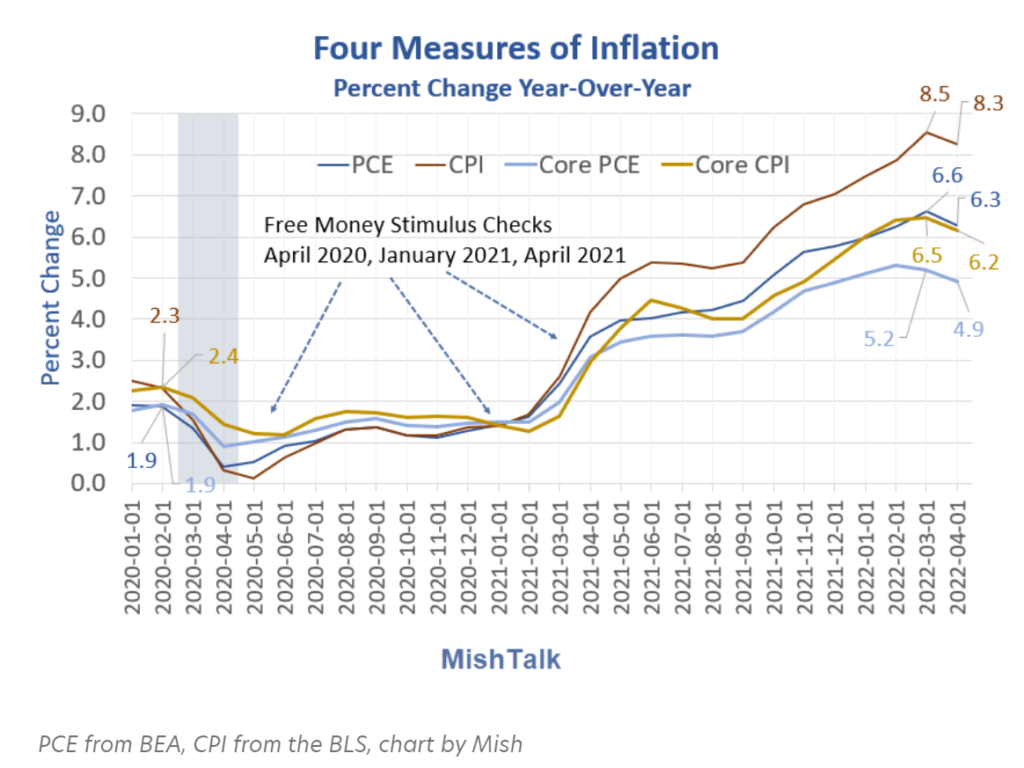Link: https://www.ai-cio.com/news/what-happens-if-us-debt-defaults-just-short-term-pain-sages-say/
Excerpt:
So what is likely to occur this year?
Everything will be settled without a big problem for investors, predicts Robert Hunkeler, International Paper’s vice president of investments.
“I guess Congress and the White House will eventually finish their game of chicken, and the debt limit will be raised,” he opines. “There might be a little more drama and brinksmanship this time around, because there are more cooks in Congress than usual, and that’s saying a lot. Either way, I wouldn’t change my investments because of it.”
To Kostin and his Goldman staff, the risk that Congress fails to boost the debt limit by the deadline is “higher than at any point since 2011,” but “the team believes it’s more likely that Congress will raise the debt limit before the Treasury is forced to delay scheduled payments.”
If the debt ceiling is not raised in time to make those payments, in Goldman’s estimate, the economy would shrink by about $225 billion per month, or 10% of annualized gross domestic product. That’s provided that the Treasury does what policy wonks call, “prioritize,” meaning somehow continuing to pay interest on the national debt, but to stop payment on other obligations.
For Thomas Swaney, CIO for global fixed income at Northern Trust Asset Management, another credit downgrade for the government is possible.
“The practical implications of a credit downgrade are not entirely clear,” he writes in a report. “But we don’t expect a modest downgrade to result in market disruptions for Treasuries, U.S. agency debt or overnight repurchase agreements.”
Author(s): Larry Light
Publication Date: 6 Feb 2023
Publication Site: ai-CIO

